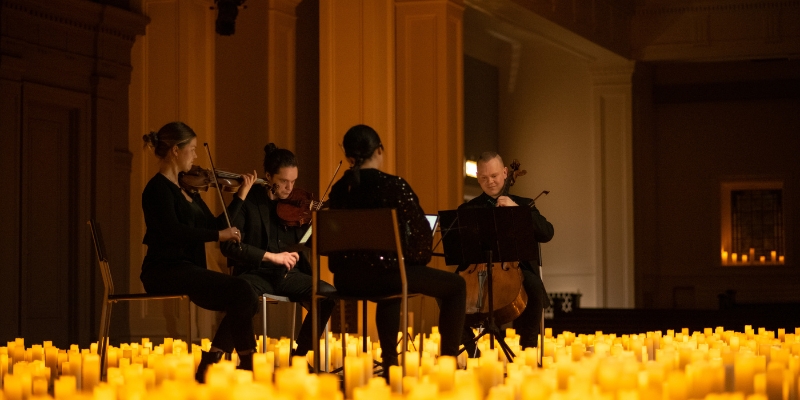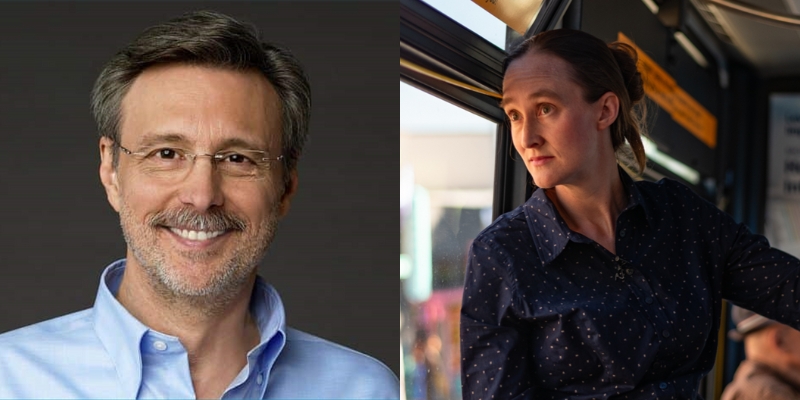What do you do when you realize you have everything you think you’ve ever wanted but still feel completely empty? In the summer of 1999, Moby released the album Play, arguably the album that defined the millennium and propelled him to stardom. But then it all fell apart. He’ll discuss the second volume of his memoir, Then It Fell Apart, on May 10 at Seattle First Baptist Church. You can get your tickets now. Before he hits the stage, he sat down to chat with Town Hall’s marketing manager, Jonathan Shipley.
JS: I was curious as to how you navigated and navigate friendships, pre-fame and post. Post-fame you must be leery of anyone befriending you, asking yourself, ‘What do they want from me?’ Friendships you made before you were famous must have been hard to navigate as you became a star.
M: It’s not so much that I question people’s’ motives, it’s more that pre-fame friendships tend to be based around shared circumstances and frames of reference which makes friendships more effortless. It can be hard to navigate resentments and bitterness on the part of old friends.
JS: What celebrities that you’ve hung out with have been positive influences on your life? Which ones, not so much?
M: David Bowie, Lou Reed, and David Lynch have all been wonderful, positive friendships. I’ll avoid that second question—I don’t need more enemies.
JS: Now that you’re on the other side of fame, what skills do you wish you had developed before becoming famous?
M: I honestly have no regrets, nor do I wish I’d done anything differently. I’m grateful for the weird life and perspective I have. Life and perspective are, by definition, the product of the circumstances that led to them.
JS: What did you wish you did differently after Play blew up?
M: Nothing. I love the mistakes I’ve made, as they’ve taught me more than any of the things I ended up doing reasonably well.
JS: Having ‘fallen apart,’ what are you most proud of about yourself after the fact?
M: That I can still, at times, string sentences together.
JS: Are there ways that being a music celebrity better than being, say, an actor?
M: In a way it’s better that I have a lot of creative autonomy. A musician’s work can generally be more bespoke, personal, and sui generis.
JS: You mention being sad and lonely before Play. Post Play, did that amplify it or diminish it? In what ways?
M: Curing loneliness post-Play became compulsive, at least until I got sober.
JS: What sort of emotional connections to audiences are you hoping to make with your music?
M: Ideally, a connection based in honesty, shared experience of the human condition, and service. That might sound cliché, but it’s true.
See Moby discuss his life, and maybe he’ll play a tune or two, on May 10. Get your tickets here.

Also, according to Moby’s Twitter feed, he’s the adopted son of John Waters. John Waters will be at Town Hall on May 29. You should attend that, too! Tickets are on sale now.

